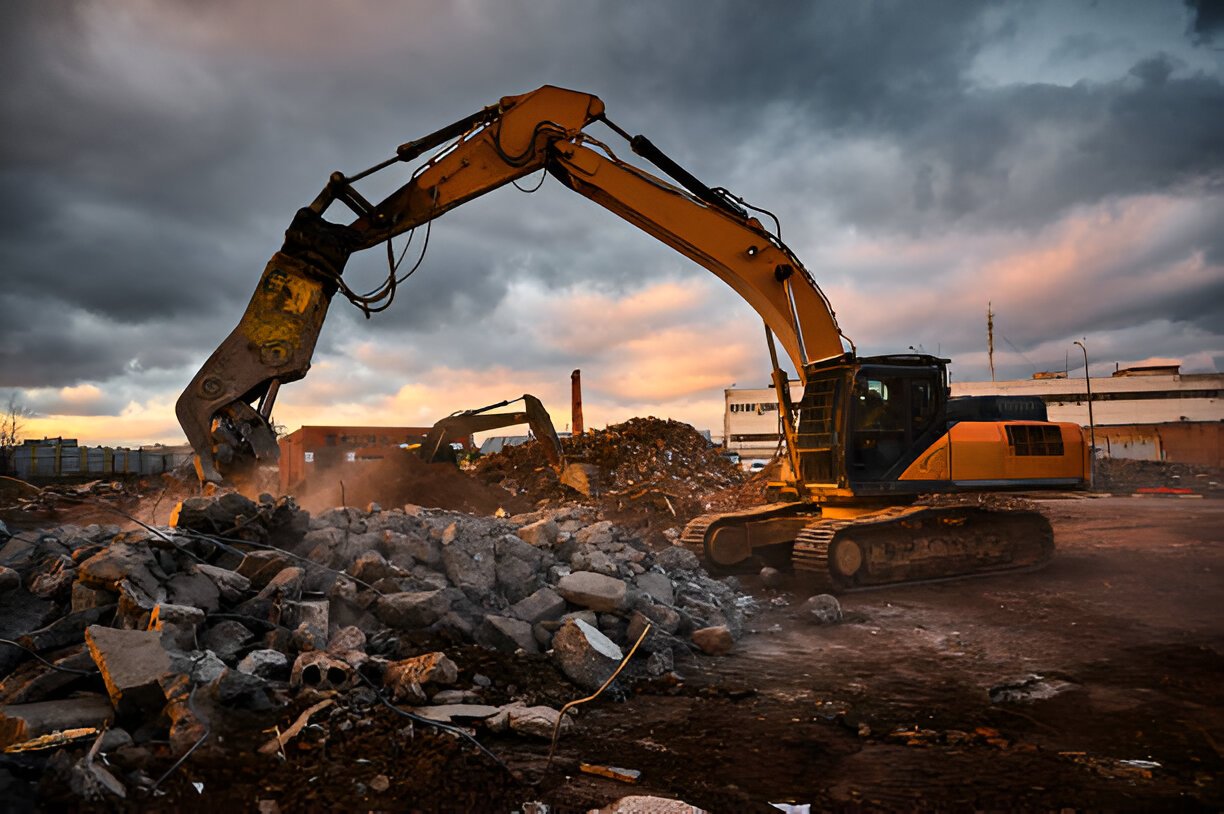Concrete core drilling is an essential process in construction and engineering that demands high levels of precision and expertise. Whether you’re installing utility lines, creating passages for plumbing, or testing material integrity, core drilling ensures that you can create clean, accurate openings in concrete structures. Without expert handling, however, it’s easy for projects to go off track. Let’s dive deeper into the world of core drilling, focusing on why precision, speed, and expert execution are so vital to this operation.
Applications of Core Drilling in Construction
Core drilling services plays an integral role in various construction projects. Whether it’s a residential building requiring plumbing or electrical installation, or a commercial project needing air ducts and utility lines, core drilling is indispensable. Industrial sectors benefit from core drilling when installing heavy-duty equipment and creating large passages through walls and floors.
Why Precision Matters in Core Drilling
Precision is not just a desirable trait in core drilling—it’s a necessity. A misaligned or imprecise cut could compromise the structural integrity of a building or require costly corrections. Accurate drilling also reduces waste, saves time, and ensures the installation of utilities is both smooth and secure.
The Role of Expert Operators in Core Drilling
Core drilling is not a DIY project. It requires skilled professionals who are well-versed in handling the high-powered machinery and techniques involved. These professionals also anticipate potential issues, such as reinforcement bars (rebar) or varying densities in the concrete, adjusting their approach to maintain both speed and accuracy.
Speed and Efficiency in Core Drilling Projects
In construction, time is often just as valuable as precision. Core drilling teams must work quickly without sacrificing quality to meet deadlines and stay on budget. A professional core driller will use the latest equipment to ensure that the job is completed efficiently. Their expertise allows them to troubleshoot any unexpected issues that could slow the project down, thus keeping everything on schedule.
Core Drilling Tools and Equipment
The efficiency and success of any core drilling project depend heavily on the tools and equipment used. Additionally, operators can choose between handheld, rig-mounted, or hydraulic drilling systems based on the complexity and scale of the project.
Different Types of Concrete Core Drills
- Rig-Mounted Core Drills: These are more powerful and suitable for larger projects requiring deeper or more precise cuts.
- Hydraulic Core Drills: Known for their power and efficiency, hydraulic drills are best for heavy-duty industrial projects where speed and accuracy are critical.
Core Drilling Depth and Diameter: Customizing for Specific Projects
One of the greatest benefits of core drilling is its adaptability to different project requirements. Drill bits come in various diameters, from a few millimeters for delicate jobs to several feet for larger projects. Likewise, the depth of the drill can be adjusted based on the project’s needs, ensuring the right fit for any construction task.
Safety Measures in Core Drilling Operations
Working with concrete and powerful drilling tools involves inherent risks. Therefore, safety is a top priority in core drilling operations. Operators wear protective gear such as helmets, gloves, and eye protection, while also adhering to strict guidelines to prevent accidents. Equipment should be well-maintained, and the worksite should be clear of debris to avoid mishaps.
Environmental Considerations in Core Drilling
As with any construction operation, minimizing the environmental impact is increasingly important in core drilling. Many companies now take steps to reduce waste by recycling the core samples removed and using water recycling systems to limit the amount of water used in wet drilling methods.
Challenges in Concrete Core Drilling
Core drilling isn’t without its challenges. The presence of rebar, the density of the concrete, and the need for precision in tight spaces can all complicate the process. However, skilled operators know how to handle these challenges, adjusting their methods and tools to ensure a successful outcome.
The Future of Core Drilling: Technological Advances
Technology continues to revolutionize the core drilling industry. From robotic drills that can be operated remotely to enhanced diamond bits that last longer and cut more efficiently, innovation is ensuring that core drilling becomes even faster, safer, and more precise.
Selecting the Right Core Drilling Contractor
Choosing the right contractor for your core drilling needs is essential to ensuring the project’s success. Look for experienced operators with a proven track record, the latest equipment, and a commitment to safety and environmental responsibility. Be sure to ask about their previous projects and customer reviews to get a sense of their expertise.
Conclusion
Concrete core drilling is a highly specialized task that requires a blend of precision, speed, and expert execution. Whether you’re working on a small residential project or a large industrial build, core drilling ensures clean, accurate holes in some of the toughest materials.
FAQs
What is concrete core drilling used for?
Core drilling is used to create precise holes in concrete structures for utilities, testing, and installations.
How deep can a core drill go?
Core drills can reach depths of several feet, depending on the equipment used and the project’s requirements.
Is core drilling noisy?
Yes, core drilling can be noisy, but professional operators minimize disruptions by using efficient equipment and techniques.
What safety measures are taken in core drilling?
Operators wear protective gear, follow safety protocols, and use well-maintained equipment to ensure a safe worksite.




